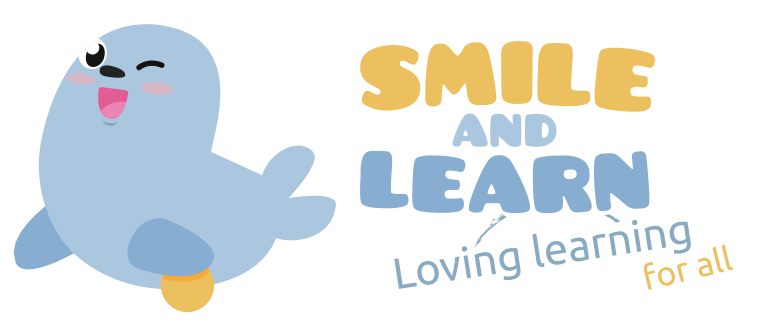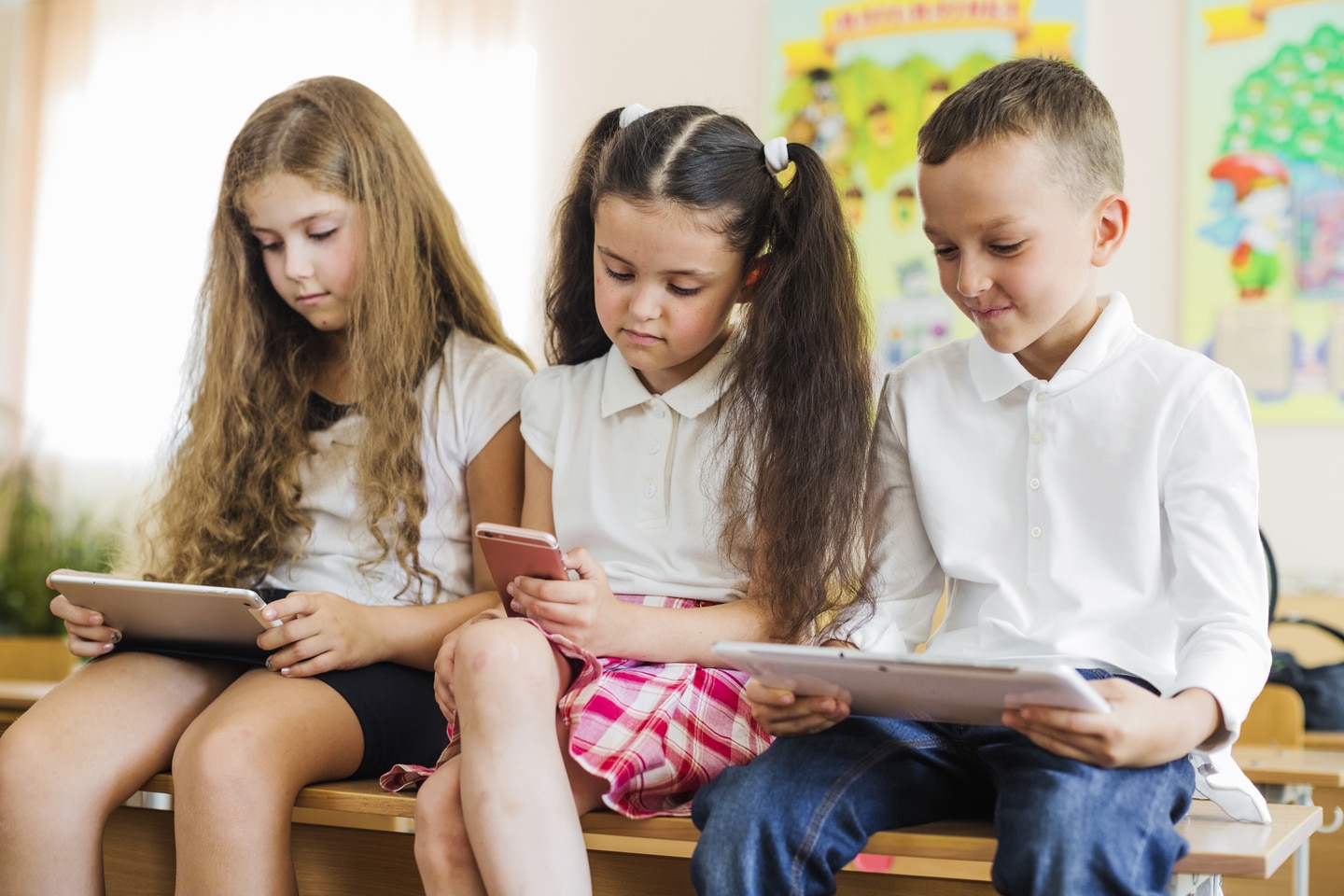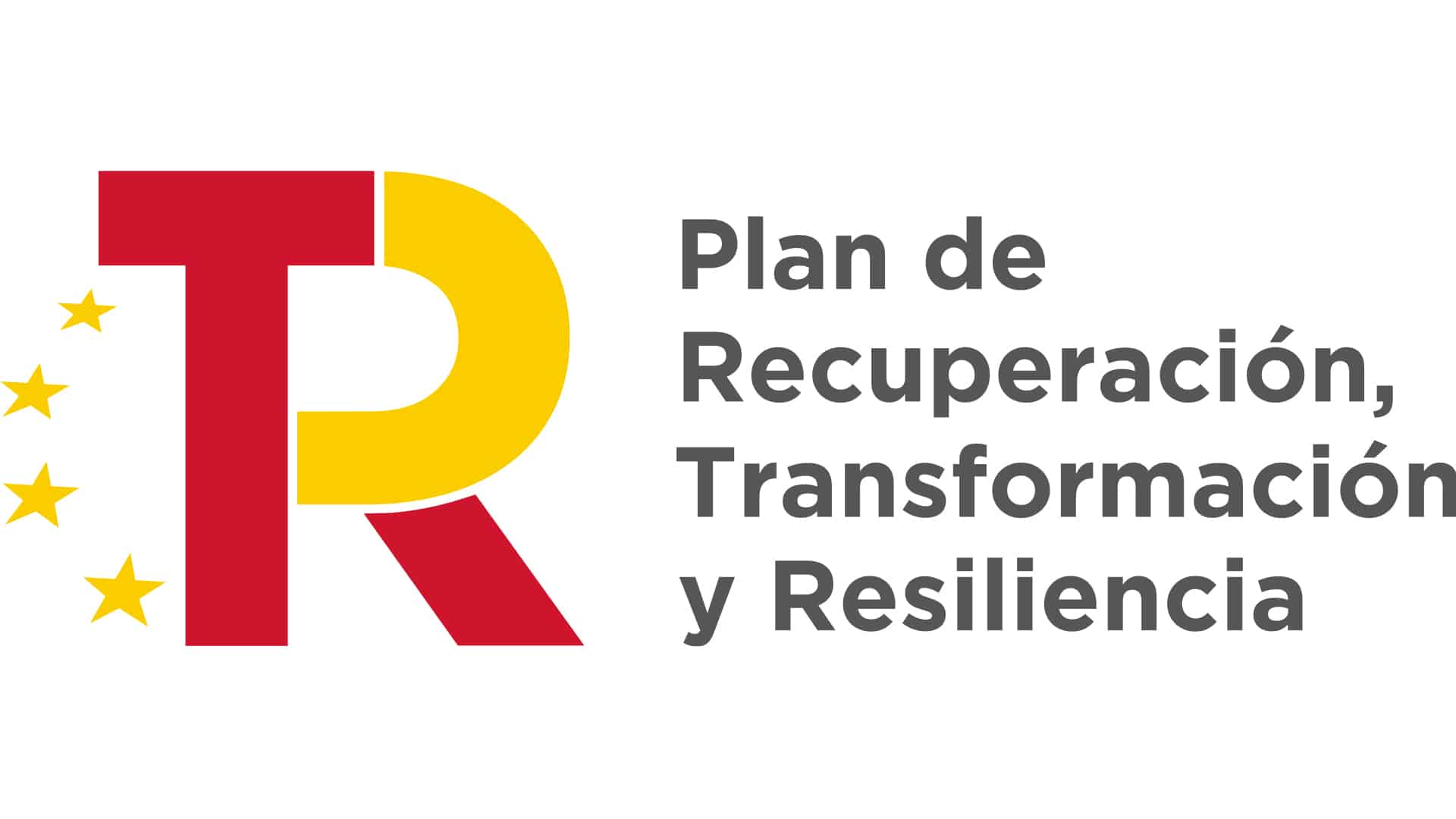Some time ago we touched upon pragmatics, an essential area of language for communication and relationship building. In today’s blog post we bring a series of tips to better work on it with children.
What is pragmatics?
Pragmatics is a branch of linguistics often indirectly addressed in the classroom. It centers around studying how language is used in situations with direct communication, taking into account the social, cultural, and emotional context in which the conversation takes place. In short, pragmatics focuses on the use of language, its function, and its purpose, evaluating how the context influences the understanding of what is said.
Clearly identifying and practicing pragmatics from a young age, not only allows children to effectively communicate, but also contributes to their success in their social interactions and in the understanding of the world around them. Mastering pragmatics will help them interpret other’s intents, emotional tone, and social norms, all which simultaneously promotes healthy interpersonal relationships and conflict resolution. In addition, it helps them adapt their speech to different contexts, an essential skill for academic and professional environments. Some examples of linguistic pragmatics include waving your hand to say hello, waiting for your turn while others speak, saying “please” when asking for something, or wishing someone a happy birthday.
Tips to develop pragmatics in children
- Read books and ask a round of questions surrounding what happened in the story, including open ended questions about how the characters might be feeling. Since English is a heavily direct language, it is important to teach children how to identify aspects such as tone and irony through books so that they can better learn how to interpret and identify emotions and feelings. This way they will be capable of adapting and using the adequate words depending on the context. For example, they will understand if someone cries of happiness or sadness because they will be able to connect with those feelings.
- Use games and interactive activities that require communication and collaboration such as skits and debates. When children step into the shoes of another person, they develop empathy, which allows them to gain more emotional intelligence (all while bettering their social interactions). In addition, debating helps them learn how to express and defend their ideas out loud.
- Teach little ones to listen carefully to their classmates. Practicing active listening is fundamental for effective communication and for understanding the emotional needs of others.
- Show them how they can communicate effectively in different situations. For example, how to greet neighbors when they run into them in the streets or how to ask to use the restroom.
- Work on basic social skills such as basic courtesy norms so that the youngest ones know how to act in specific situations. It is important to learn when to greet, when to apologize if a mistake is made, and when to wait for your turn to speak.
At Smile and Learn, we have designed interactive stories (such as La decisión de Marina or The Anthill), word games (such as Forma Palabras), and stories teaching values (like The Calamead dragon) and emotions (such as Super emociónes or Faces) that will help children reinforce the pragmatic aspect of language learning. You can also find videos about emotions and basic norms on our Youtube channel so that children can learn how to communicate in an appropriate manner. If you still have not tried out our platform, you can do so with the following link.












